8 video game trends to look out for in 2023
Big in 2023: How video games could change and evolve the medium as we know it over the next 12 months
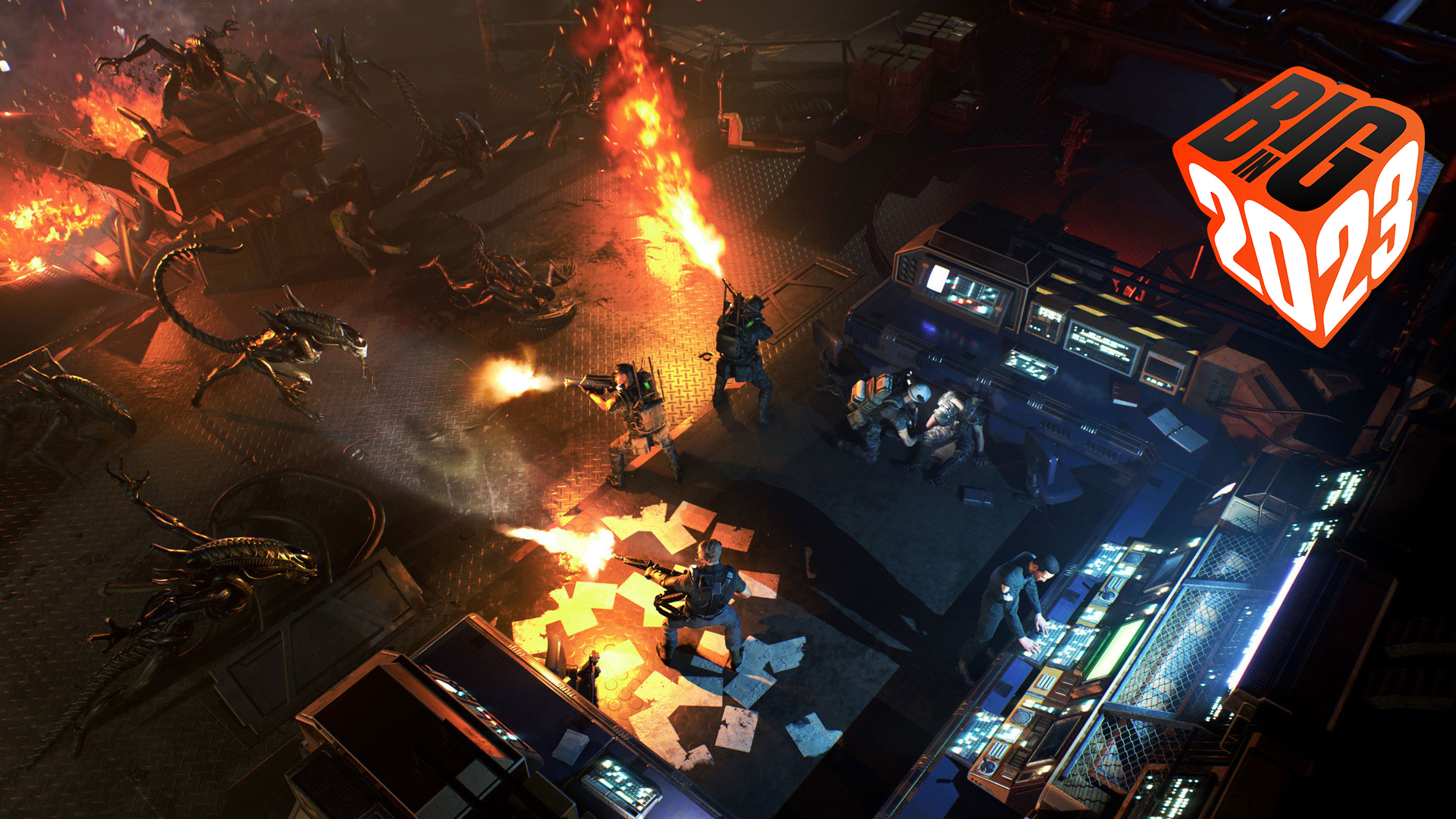
In 2022, we welcomed a number of blockbuster video games – not least Elden Ring, God of War Ragnarok, and Horizon: Forbidden West. We were well-served for games with creative flair, such as Immortality and Norco; and were wowed by super-stylish titles in the likes of Sifu, A Plague Tale: Requiem, and Pentiment. A number of big-hitters were also delayed over the course of the last 12 months, but, all told, the best games of 2022 gave us plenty to discuss and dissect.
Those delays mean we now have plenty to look forward to in 2023, as developers continue to innovate and evolve new and old ideas alike. From the rise of AI-powered programs to chatbots and nostalgia-driven delights, here are 8 video games trends to look out for in 2023 – with insights from a handful of game developers in the trenches. Strap yourself in, because it's about to get busy.
AIs as game designers
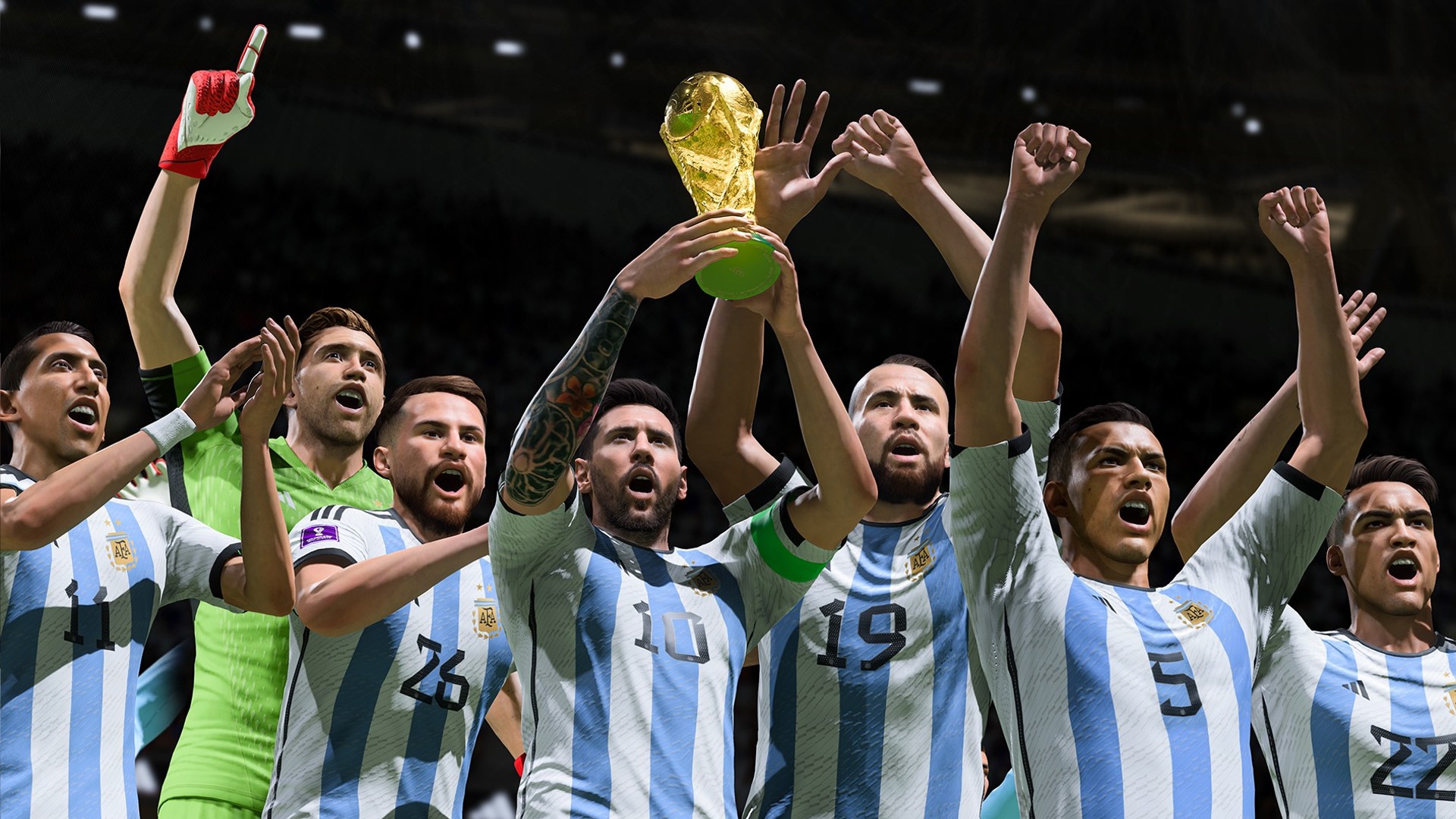
We're already seeing how AI can be used as a game production tool – notably, the way EA has employed machine learning to enhance the real-time animation in the latest FIFA titles. This year, we're likely to see more developers using tools such as the generative art program Midjourney and language model chatbot Chat GTP to help generate design ideas. "ChatGPT can be a really helpful ideation tool," says Will Luton, veteran game designer and founder of Village Studio. "The model can suggest designs for features and content, while you ping back and forth refining those ideas. It is a long way from being able to create decent game designs, but it is effective at drawing on a wide range of inspirations, jamming them together and presenting concepts in a semi-coherent manner, which can free you from designer's block. We're also now using Midjourney in our concept art workflow as a way to quickly visualise ideas, colour pallets and styles. It even has some limited use for generating game assets."
Recently, High on Life used Midjourney-generated art to enliven some environments, and I totally expect to see roguelikes using these tools in the coming months to create emergent level designs. Which brings us to…
World of chatbots
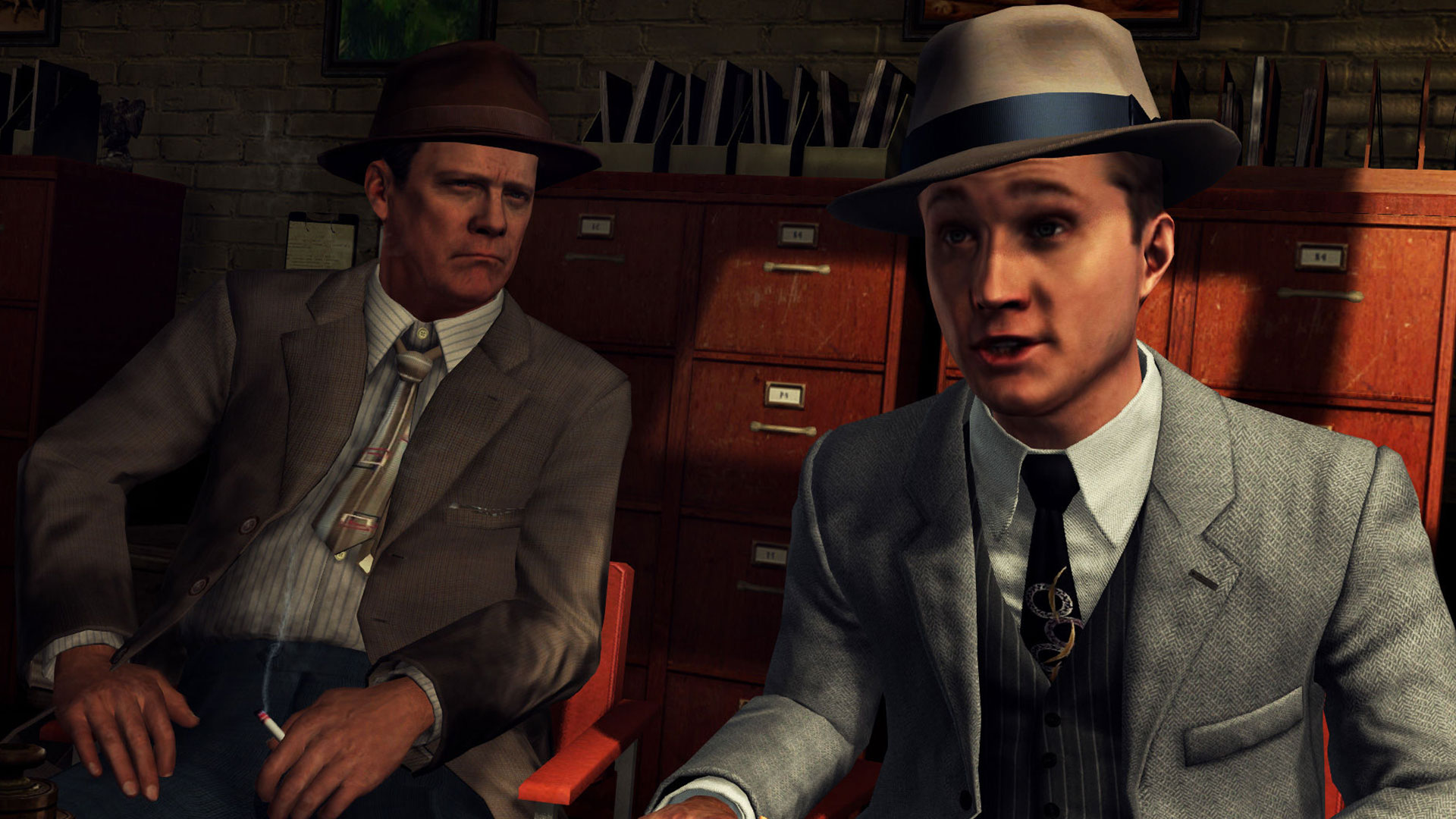
This has been coming for a while, but I think 2023 is the year we're going to see developers truly experimenting with generative language models to create emergent in-game conversations. In short, NPCs are gonna start making up dialogue as they go. "I know two teams of experienced game developers working on games based on language models," says AI researcher Julian Togelius, an associate professor at New York University's Department of Computer Science and Engineering. "These are games that can broadly be described as open world / RPGs and that use open-source language models for dialogue. The challenge is not so much technical as a design challenge, as it is very hard to 'tame' the models; they will keep bullshitting and making things up because it's in their nature."
"Therefore, you have to design around this somehow. You can think of the unreliable NPC as analogous to the unreliable narrator, something we rarely see in video games. So how do you design around the fact that NPCs may lie to you and refer to things that don't exist? One way is to make the game be about making the NPCs talk in various ways. Basically, the utterances of the NPC becomes part of the state space we're exploring."
Remember Rockstar's interrogation game LA Noire? Perhaps we can expect a lot more games in the near future that revolve around talking to NPCs and assessing how trustworthy they really are.
Sign up to the GamesRadar+ Newsletter
Weekly digests, tales from the communities you love, and more
We're all doomed
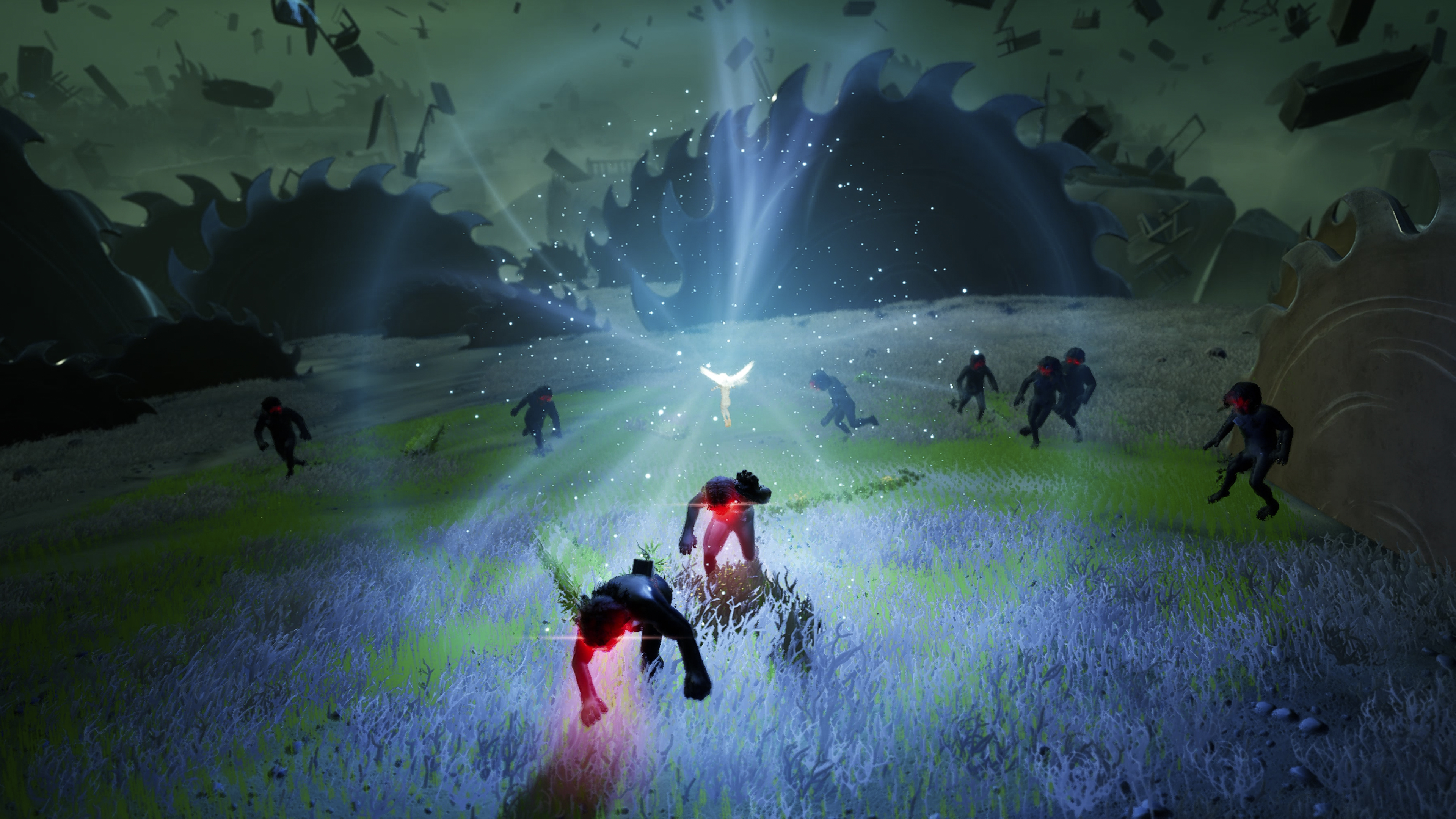
Art has always been a way to process trauma so it's little wonder after the three years we've had, that games are showing a preoccupation with disaster and apocalypse in 2023. It begins in January with the doleful Season: A Letter to the Future, where you embark on a bike journey to collect people's memories before a looming extinction event. Later come post-apocalyptic building game Meet Your Maker; After Us, an environmentalist adventure on a post-human Earth; Forever Skies, a post-apocalyptic survival game; and, intriguingly, Eternights, an action dating game, where you fight and find love *during* the apocalypse. Erm, cheer up, it might never happen.
Thrills and chills from the video age
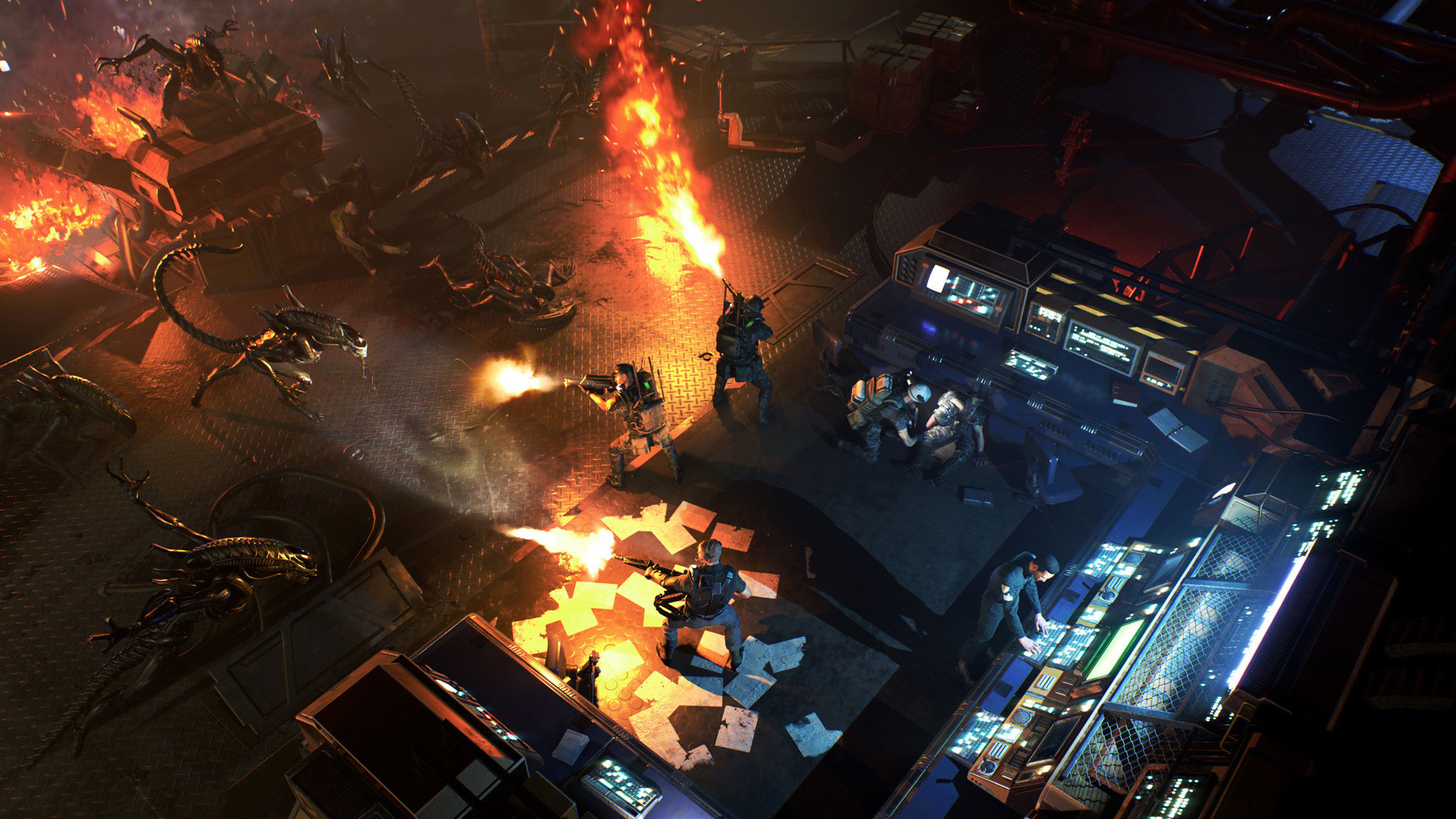
There is a lot of nostalgia around right now for the cult sci-fi and horror franchises of the video rental era. Partly this is the ongoing Stranger Things effect, but it's also about people who grew up on this stuff in the 1980s and 1990s now becoming movie execs, video game studio heads and super-nostalgic consumers. We've already seen Ghostbusters, Friday the 13th and Evil Dead return from the 1980s to haunt our consoles, and this year the onslaught will continue – Starship Troopers: Extermination and Aliens: Dark Descent are both emerging as co-op blasters; Robo Cop: Rogue City is a narrative FPS with Peter Wellar reprising his starring role; Tron Identity is a detective thriller and Texas Chainsaw Massacre will of course be an asymmetrical group horror thrillride.
Expect publishers to keep mining their old VHS collections for more juicy retro licences. Nightmare on Elm Street, Big Trouble in Little China, and They Live are surely already being brought out of hypersleep.
Everything is hard mode
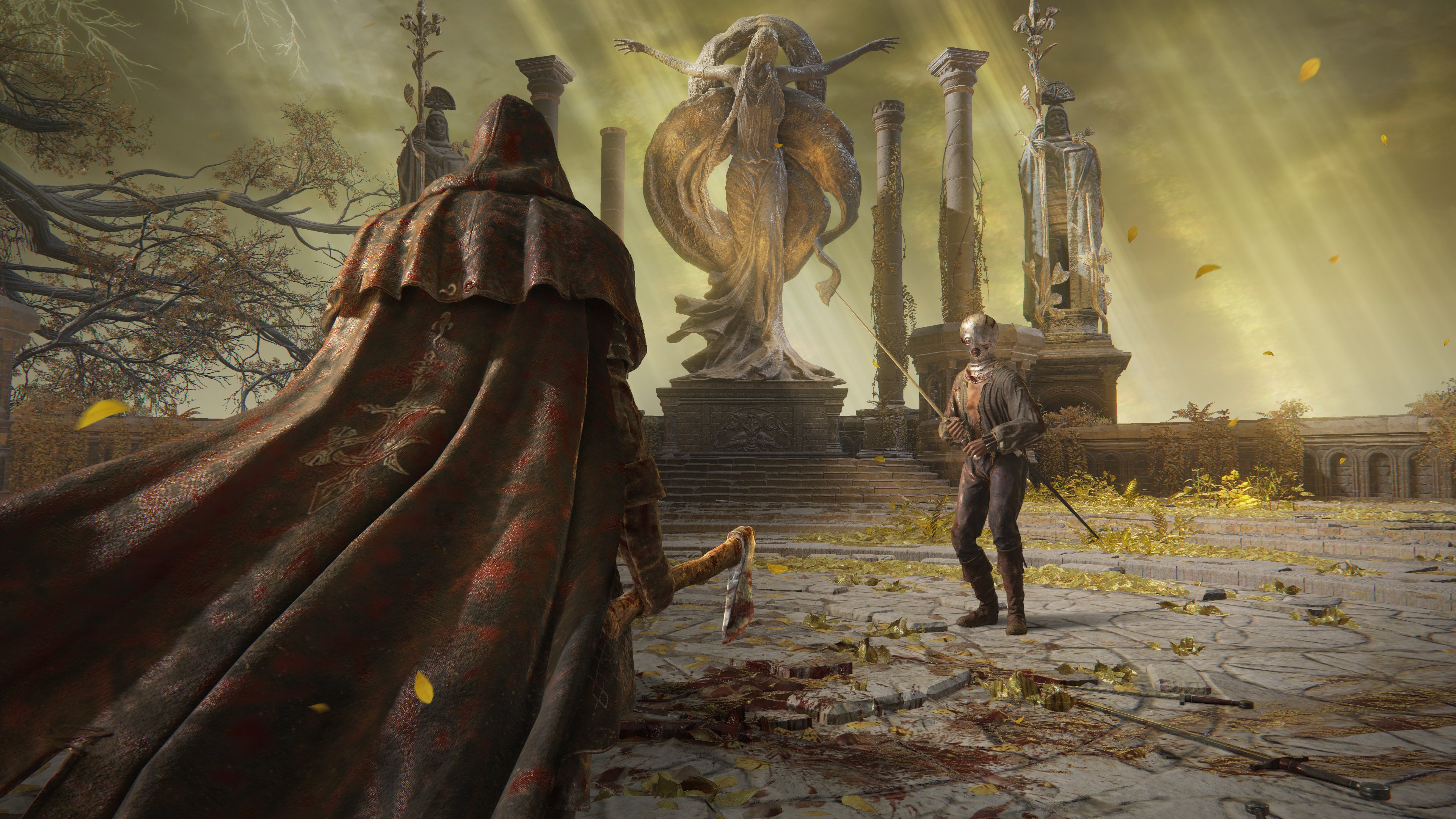
For the past decade the trend in mainstream game development has been toward almost frictionless design, in which players always feel competent and protected. "Starting with the Wii and strengthened by mobile, we saw a casualisation of content where the hard edges were knocked off of games," says Luton. "Designers focused as much on UX, tutorials and dynamic difficulty as they did core gameplay. The result is that games became these obvious experiences that you passed through without much challenge or thought."
But then came the battle royale genre with its emphasis on skill, pace and lightning fast decision making, and Elden Ring with its depth, intricacy and extremely punishing combat. Instead of becoming alienated, we all just got stuck in. As Luton puts it, "This resulted in players creating communities in order to share and learn, deepening their bonds with the games and each other." This year, then we're going to see a lot of unapologetically hard experiences. Wanted: Dead from cult Japanese developer Soleil is billed as a cyberpunk take on Ninja Gaiden; Lies of P is set to be more of a Bloodborne-like than a soulslike, but you get the picture; while Scars Above claims to be a hyper-challenging take on the sci-fi shooter. And of course there's Wo Long: Fallen Dynasty, the latest brutal action RPG from Team Ninja.
Unblocking the chain
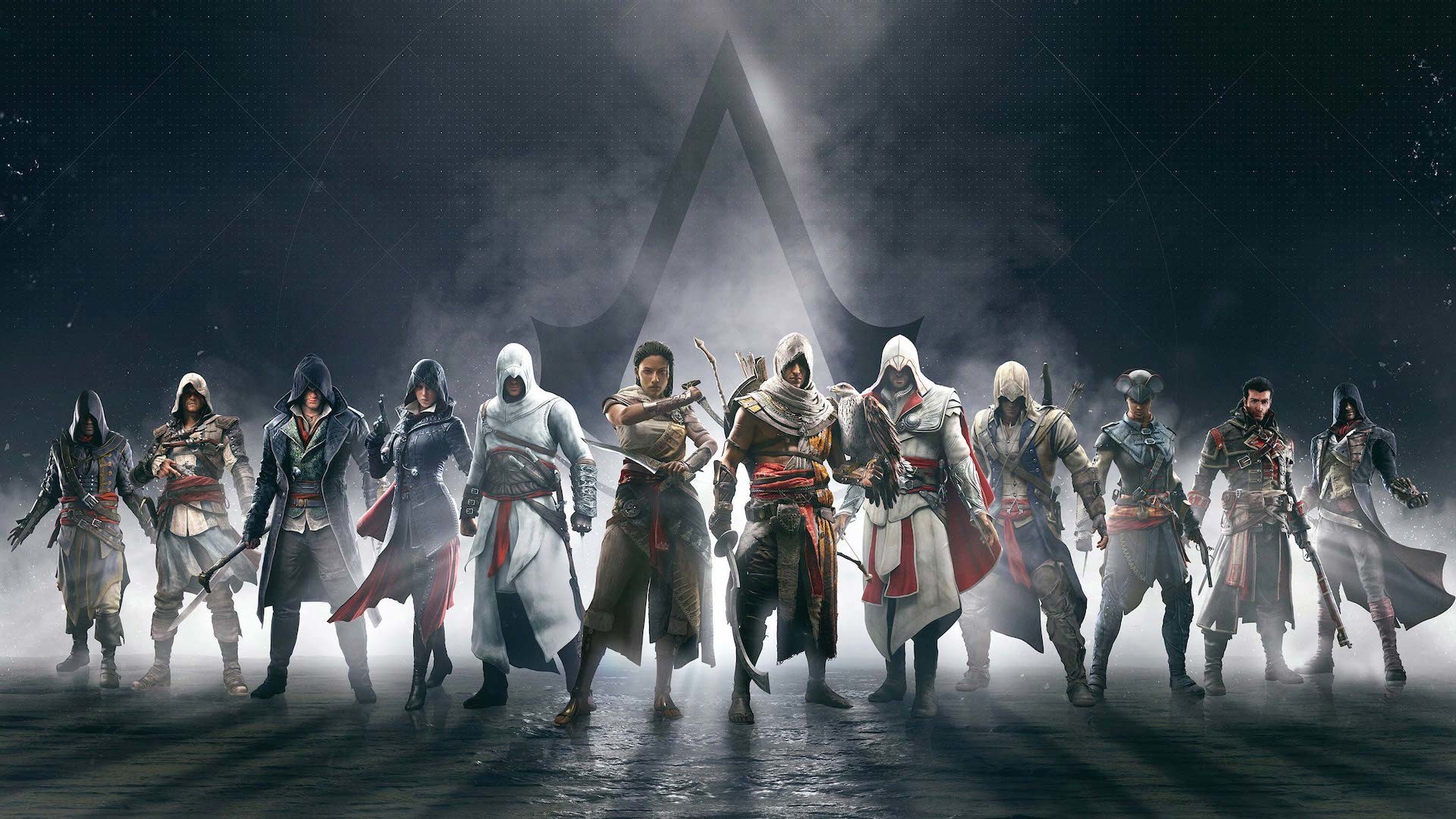
The high profile collapse of crypto currency FTX last November sent shockwaves through the financial world and pretty much wrecked the NFT market. This in turn may well scupper the ambitious (and controversial) plans of publishers such as Ubisoft and Square Enix, who have been building games around non-fungible tokens. However, this is not the end of the crypto dream – more a sort of breather. "The expectations of having a huge token offering that goes to the moon are dead and instead the focus is on building stuff that actually fulfils some of the promises of Web3," says Luton. "Many of my peers are now building 'weird stuff', like fully on-chain games where the game becomes this living, breathing entity that exists (notionally) forever, or game assets built to move from game to game (aka interoperability) so that players can take their stuff (identity, power, friends) with them game to game."
Luton thinks that these more experimental but less financially risky concepts, are the building blocks of a new type of open, interconnected game, where different elements could be provided by different developers and stacked on top of each other – like how websites work today. "Some call this vision the metaverse, but it's a term that is so muddy now it has lost all meaning," continues Luton. "Regardless, this stacking is the first time in games where designers have to think about interfacing with the assets, tokens, economies, software and communities of other games or technologies. These experiments are where the most cutting edge and interesting game design is happening."
If you remove all the crap elements of Web3 thinking – the stupid ape pictures, the techbros building vast crypto mining farms in Iceland, etc – what you're left with is an underlying technology (the block chain) that allows for assets to be swapped between games, or for modular game projects. We're probably a long way from a super open world game in which the combat is designed by From Software, the world by Bungie, and the characters by SquareEnix, but perhaps 2023 will see the first steps in that wild direction.
Revenge of the auteurs
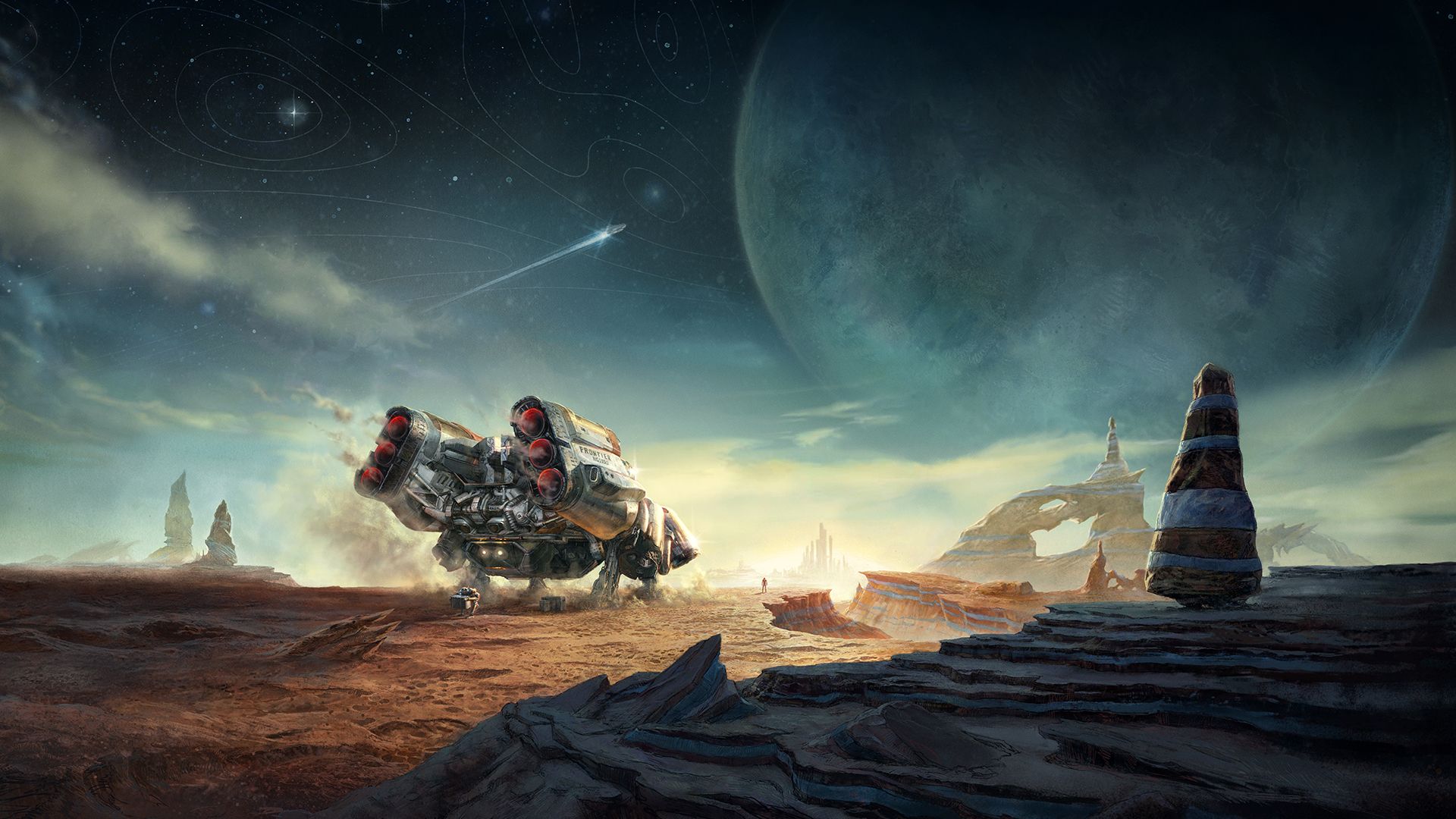
It's been a tricky, highly unpredictable period for major Triple A publishers, and with a global recession threatening the industry this year, everyone is looking for surefire bets to invest in. Consequently, 2023 is going to be a year dominated by veteran superstar developers flexing their creative muscles (and vast fanbases) and hyping their new mega projects. Starfield from Todd Howard's Bethesda is the big one, but we're going to be hearing a lot about Judas, the new first-person shooter from Bioshock creator Ken Levine, and Everywhere, the wildly ambitious open world epic from Grand Theft Auto luminary Leslie Benzies. Plus, Hideo Kojima is likely to tease his forthcoming works, including Death Stranding 2 and his intriguing cloud project with Microsoft. The return of E3 this year may also tempt some other big beasts of the gaming world to reemerge into the spotlight – I wouldn't bet against a cameo from the creator of a certain jovial Italian plumber.
YOU are the storyteller
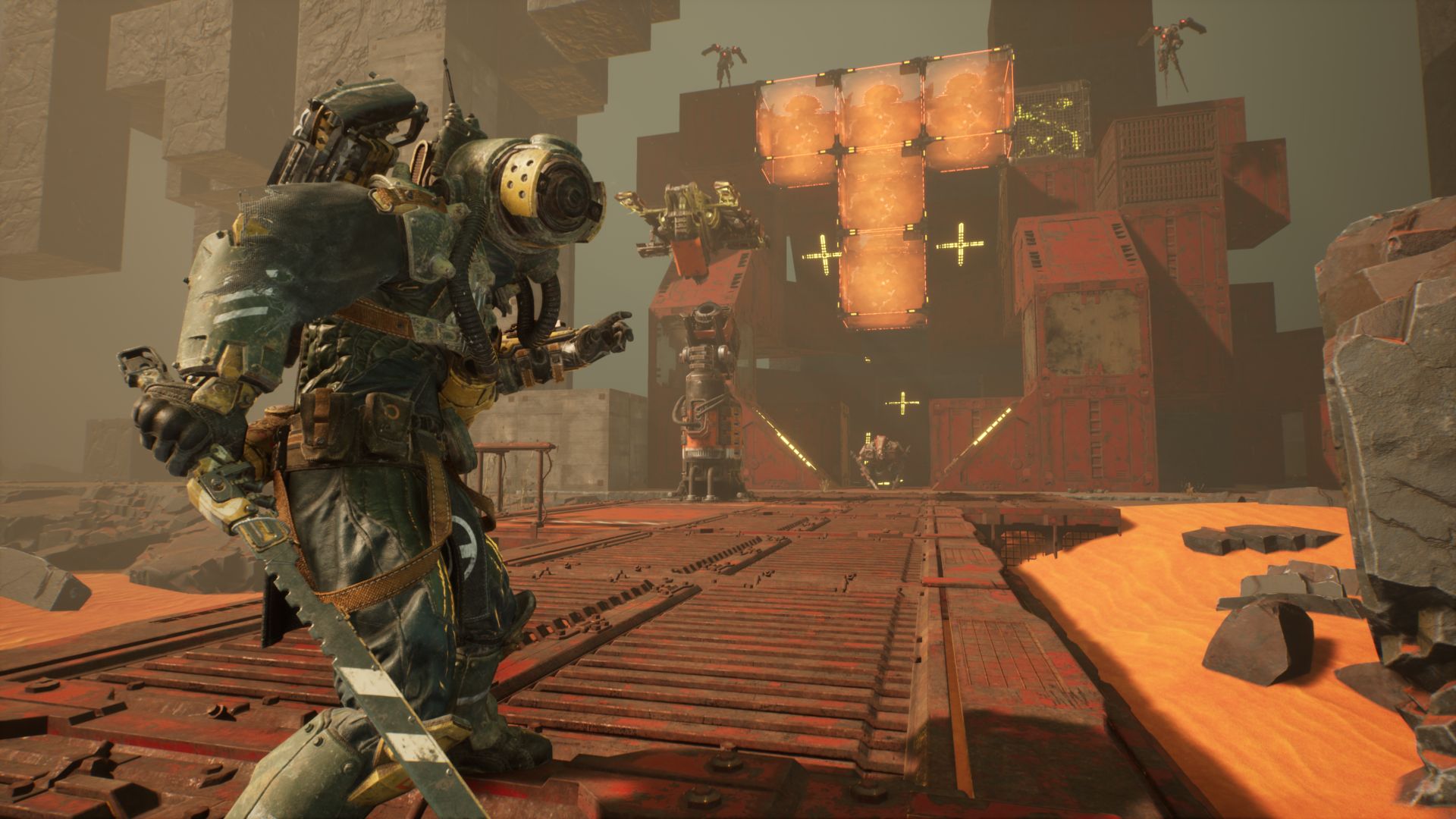
Video games have always had creative fan communities, which have bulked out the narrative universe of their favourite titles with stories, art and even fan-made spin-off titles. 2023 will see that collaborative relationship come to the fore. Meet Your Maker is a first-person building-and-raiding game where levels and missions are designed by players. Storyteller from Argentinian art game developer Daniel Benmergui is a fascinating puzzle game where players build a story from the puzzle components, and Hytale is a sandbox RPG which allows players to construct buildings and write story scripts for their own quests. In general, it's clear the symbiotic relationship between developers, video game influencers and players is evolving in very interesting ways.
But it won't just be about players using the in-game tools provided to them. As developer Lucy Blundell, whose next game, Videoverse, is entering beta shortly, puts it: "With game development becoming easier and easier for individuals to access, there's now a much wider diversity of indie developers coming from all walks of life. In the coming year, I expect we'll see more intimate games spreading awareness on gender, sexuality, mental illness, work-life balance and disabilities; the latter in particular being a concern of many since the COVID-19 pandemic." In short, the relationship between games and gamers may change forever this year.
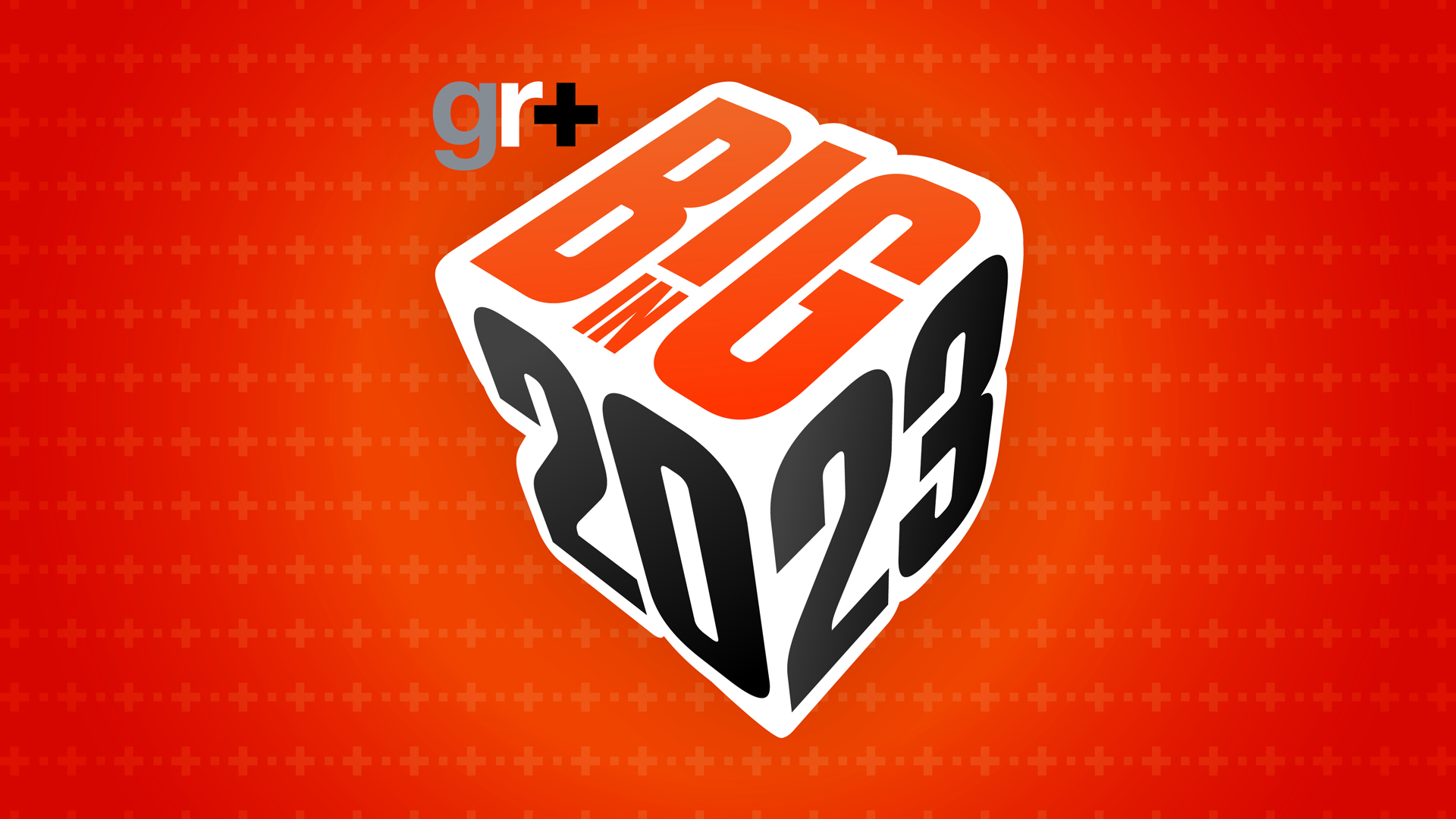
All throughout January, GamesRadar+ is exploring the biggest games of the new year with exclusive interviews, hands-on impressions, and in-depth editorials. For more, be sure to follow along with Big in 2023.
Keith Stuart is an experienced journalist and editor. While Keith's byline can often be found here at GamesRadar+, where he writes about video games and the business that surrounds them, you'll most often find his words on how gaming intersects with technology and digital culture over at The Guardian. He's also the author of best-selling and critically acclaimed books, such as 'A Boy Made of Blocks', 'Days of Wonder', and 'The Frequency of Us'.


